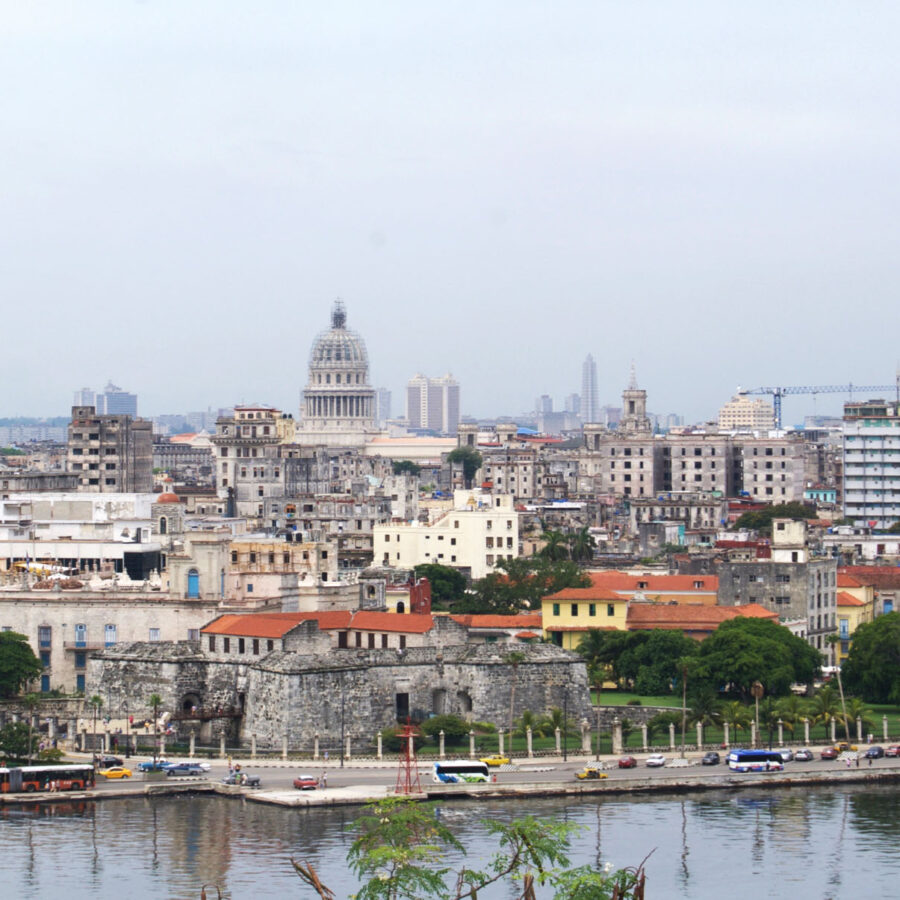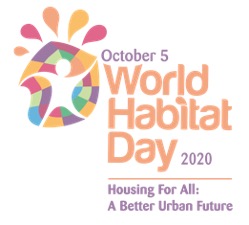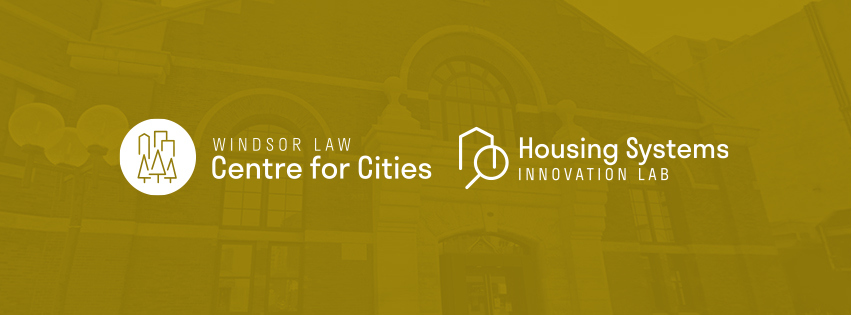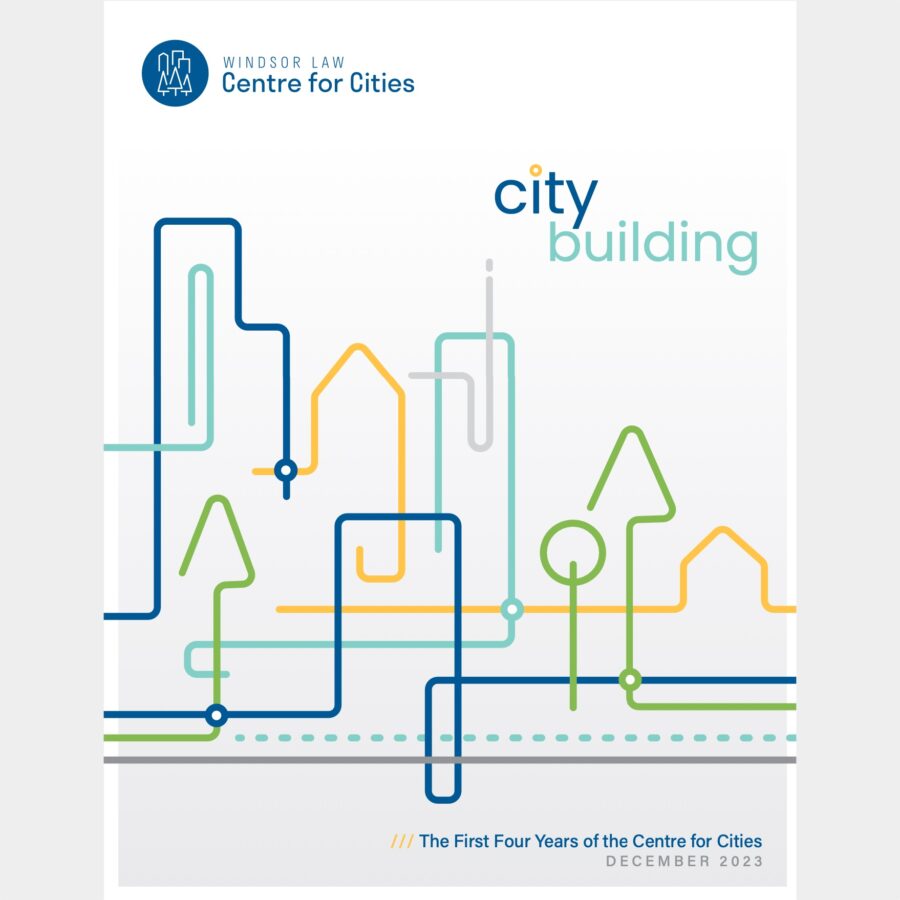
Climate Blog: World Habitat Day a moment to highlight housing, climate intersections
(5 October 2020) by Narmada Gunawardana.
Today, October 5th 2020, marks this year’s World Habitat Day. According to the UN the day is designated “to reflect on the state of our towns and cities, and on the basic right of all to adequate shelter. The Day is also intended to remind the world that we all have the power and the responsibility to shape the future of our cities and towns.” This year’s theme is Housing For All — A Better Urban Future.
This theme asserts housing as a fundamental human right. This question of the right to housing was brought to the forefront this year during the COVID-19 pandemic. Adequate housing became a matter of life and death for many people during this pandemic. Housing concerns regarding two specific population groups have been highlighted by UN Special Rapporteur on the right to adequate housing Leilani Farha: those living in emergency shelters and informal settlements and those facing job loss and economic sanctions which could lead to loss of housing and evictions.

The stay at home orders stemming from COVID-19 prevention have shown the true depth of the housing crisis in Canada and around the world. For example, it is difficult, if not impossible, to isolate oneself to prevent spread of the virus, if one lives in inadequate housing or shares a small space with many people. It is also difficult to practice proper hygiene and wash hands regularly if one does not have access to clean water. Finally, shelter at home is particularly difficult for homeless individuals who do not have homes in which to shelter.
Homeless individuals and those who depend on housing services have seen a decrease in access to shelters and resources as these shelters work to adhere to social distancing protocols. The abrupt shut down of many of these resources have left homeless individuals with nowhere to turn. Additionally, many homeless people have underlying medical concerns that put them at an increased risk of severe illness if exposed to COVID. The impact of COVID is expected to be the most devastating in poor and densely populated areas, especially in areas with informal settlements.
The pandemic has also had an unprecedented impact on the economy, leading to many job losses. This is particularly impactful for low income earners who depend on each pay cheque to pay for housing and other necessities. While local and national governments have stepped into place moratoriums on evictions during the pandemic, it remains to be seen what will happen when these moratoriums are lifted and whether tenants will face eviction for nonpayment of rent during the pandemic.
In short, COVID-19 has highlighted the housing crisis that exists around the world. Farha even referred to housing as the front line defence against the COVID-19 outbreak. While many local and national governments have put mechanisms in place to deal with the increased housing concerns from the pandemic, it is clear that long-term policy is needed. One of the goals which World Habitat Day emphasizes is the UN Sustainable Development Goal 11, which aims to make cities inclusive, safe, resilient and sustainable. This goal recognizes the fact that about a half of the human population live in cities today and about 5 billion people are projected to live in cities by 2030. In order to deal with this urbanization, the UN aims to ensure access for all to adequate, safe and affordable housing and basic services.

With this increased urbanization, it is important that housing policies are created with a climate change lens and that climate change policies address the housing crisis. Extreme weather changes stemming from climate change have been called an affordable housing crisis multiplier. A perfect storm is being created with the increase in climate change and the housing crisis, as those in low-income communities and people experiencing homelessness have been identified as being particularly vulnerable to extreme weather events. Policies of building more resilient infrastructure and increasing funding to climate change adaption strategies have been some suggestions given on how to combat both the housing and climate change crisis. The mutual goal in this intersection should to be build sustainable and resilient housing for all. Action to combat, or mitigate, climate change is also key to protecting the right to adequate housing for vulnerable communities.
While World Habitat Day is an international day with global goals, there is much work to be done at the local level. In Canada, the provincial governments work with local municipalities and partners to create policy around, and fund, affordable housing. Also relevant is land-use planning, which is a provincial responsibility that has largely been delegated to local government through legislation. Therefore, understanding and involvement in your local government structure and decision-making processes is imperative to shaping the future of our cities and towns. In fact, the number one action item the UN has laid out for an individual in helping to meet Sustainable Development Goal 11 is to “Take an active interest in the governance and management of your city. Advocate for the kind of city you believe you need.”
Narmada Gunawardana is a Windsor Law student & Cities and Climate Action Forum clinic member.



